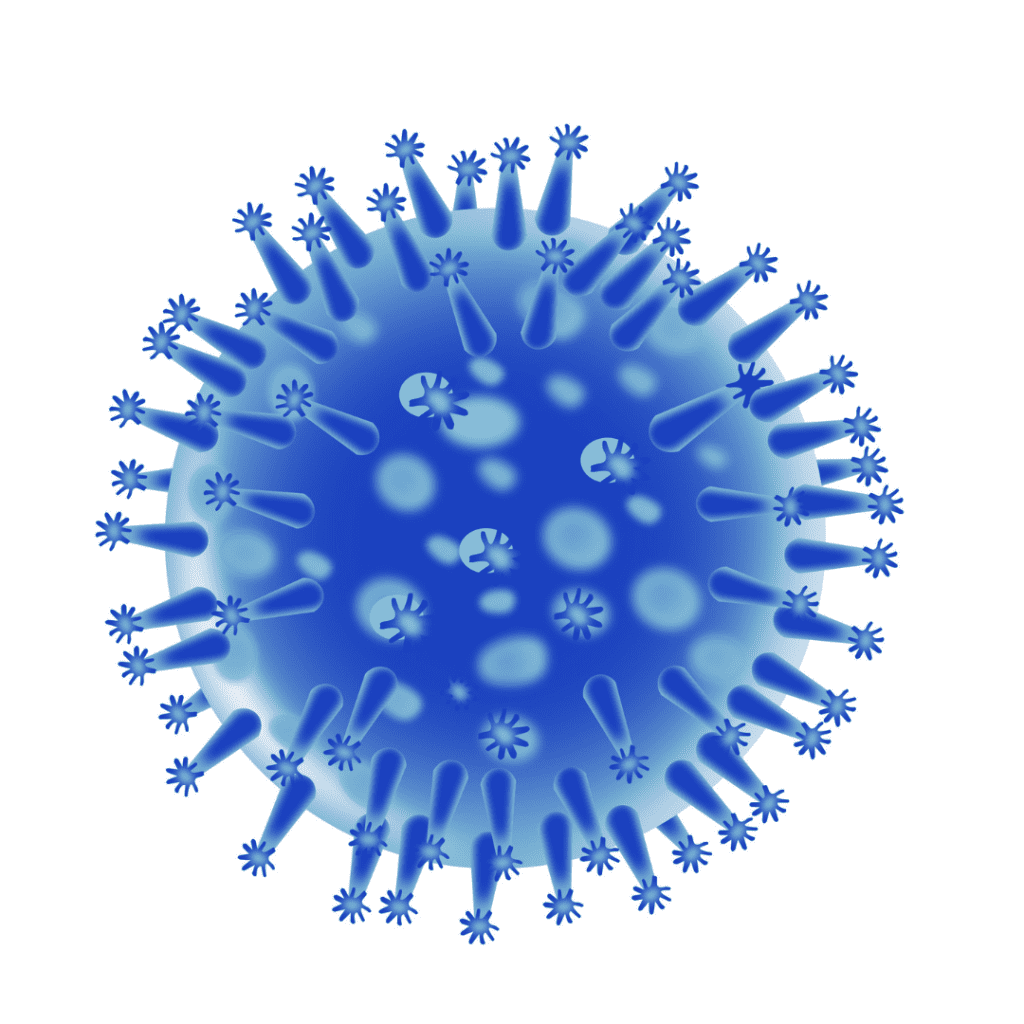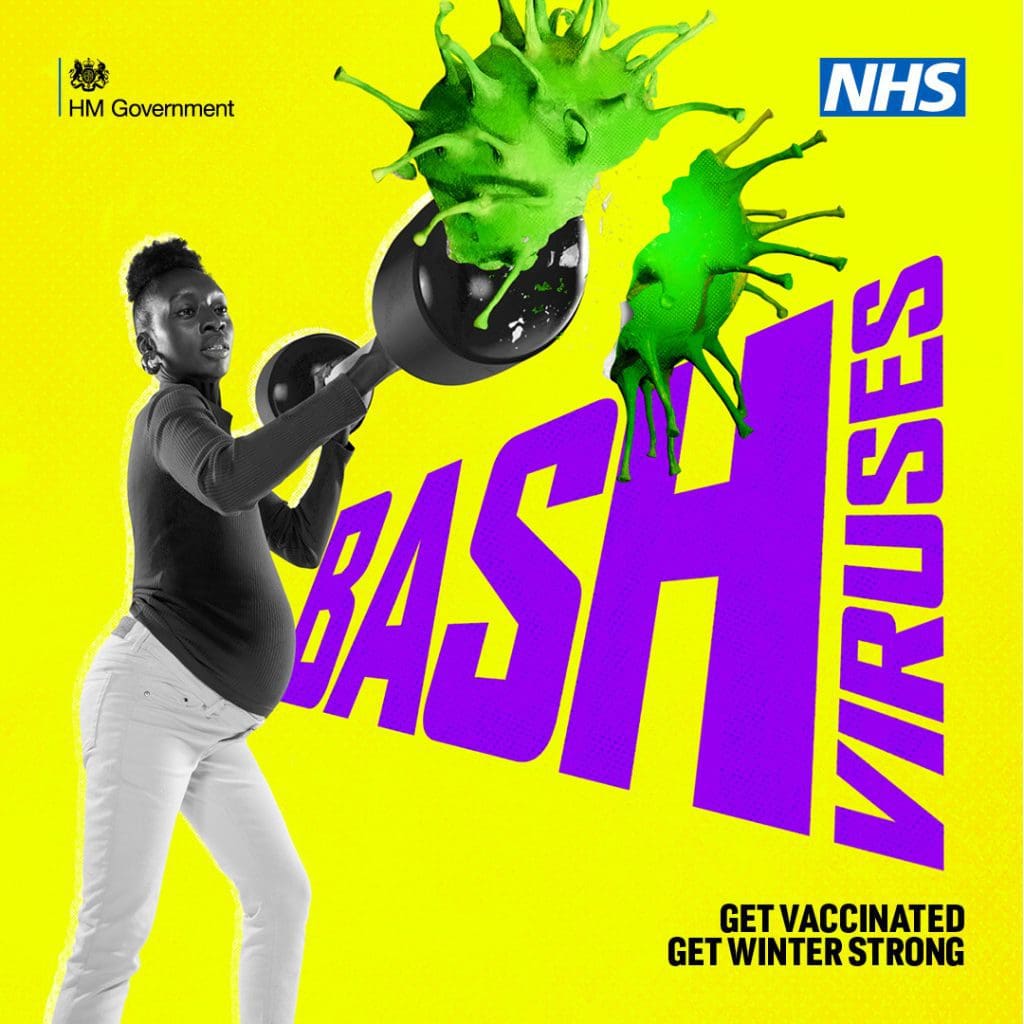
As the winter season approaches, the flu, or influenza, becomes a significant concern for many in the UK. Unlike the common cold, flu can lead to severe health complications, especially for vulnerable groups. This blog explores why getting the flu vaccine is crucial and how it helps protect not just individuals, but the wider community.
Understanding the Flu
Flu is a highly infectious disease caused by influenza viruses. It spreads through droplets when an infected person coughs or sneezes, and can also be picked up from contaminated surfaces. Symptoms include fever, chills, muscle aches, headaches, and extreme fatigue. While most healthy individuals recover within a week, flu can lead to serious complications such as pneumonia, especially in older adults, young children, pregnant women, and those with underlying health conditions1.
Why Vaccination is Important
- Protecting Vulnerable Populations: The flu vaccine is particularly important for those at higher risk of severe illness. This includes people over 65, pregnant women, children, and individuals with chronic health conditions like asthma, diabetes, or heart disease2.
- Reducing Healthcare Burden: By getting vaccinated, you help reduce the strain on the NHS. Fewer flu cases mean fewer hospital admissions and less pressure on healthcare services, which is especially critical during the winter months when hospitals are often at capacity3.
- Community Immunity: Vaccination helps protect those who cannot get vaccinated, such as very young infants or individuals with certain medical conditions. When a significant portion of the population is immunized, the spread of the virus is limited, providing indirect protection to the entire community4.
Who Should Get the Flu Vaccine?
The NHS recommends the vaccine for several groups, including:
- Everyone aged 65 and over
- Pregnant women
- Children aged 2-11 years
- People with certain long-term health conditions
- Frontline health and social care workers

How to Get Vaccinated
Flu vaccines are available through GP surgeries, pharmacies, and sometimes through workplaces for frontline health and social care workers. It’s best to get vaccinated in the autumn before flu season peaks2.
Statistics on the efficacy of the flu vaccine in the UK for the 2023/24 season
- Children aged 2-17 years: The vaccine effectiveness ranged from 63% to 65%5.
- Adults aged 18-64 years: The effectiveness varied between 36% and 55%5.
- Adults aged 65 and over: The effectiveness was estimated to be between 40% and 55%5.
These figures indicate that the vaccine provided a significant level of protection across different age groups, helping to reduce the incidence of flu and its associated complications.

Dispelling Myths surrounding the vaccine
1. The Flu Vaccine Can Give You the Flu
Myth: The vaccine can cause the flu. Fact: The vaccine contains inactivated (dead) viruses or a single protein from the flu virus, which cannot cause the flu. Some people might experience mild side effects like a sore arm or a low-grade fever, but these are not the flu6 7
2. Healthy People Don’t Need the Flu Vaccine
Myth: Only the very young, older, or those with chronic illnesses need the vaccine. Fact: Even healthy individuals can benefit from the vaccine. It helps prevent the spread of the virus to more vulnerable populations and reduces the overall incidence of flu7.
3. The Flu Vaccine Isn’t Effective
Myth: The vaccine doesn’t work because people still get the flu after being vaccinated. Fact: While the vaccine is not 100% effective, it significantly reduces the risk of flu and its complications. If vaccinated individuals do get the flu, their symptoms are usually milder and shorter in duration 8.
4. You Don’t Need the Flu Vaccine Every Year
Myth: One flu vaccine provides lifelong protection. Fact: Flu viruses change frequently, so the vaccine is updated annually to match the most common strains. Annual vaccination is necessary to ensure the best possible protection6.
5. The Flu Vaccine Causes Severe Side Effects
Myth: The vaccine can cause severe side effects. Fact: Severe side effects from the vaccine are extremely rare. Most side effects are mild and temporary, such as soreness at the injection site or a slight fever7.
6. Pregnant Women Should Avoid the Flu Vaccine
Myth: Pregnant women should not get the flu vaccine. Fact: Pregnant women are at higher risk for severe illness from the flu, and the vaccine is safe at any stage of pregnancy. It also helps protect the baby after birth7.
7. Antibiotics Can Treat the Flu
Myth: Antibiotics can cure the flu. Fact: Antibiotics only work against bacterial infections, not viruses like the flu. Antiviral medications can be prescribed to treat the flu, but they are most effective when taken early in the illness6.
Understanding these facts can help dispel myths and encourage more people to get vaccinated, ultimately protecting themselves and their communities from the flu.
Sources
1 gov.uk

